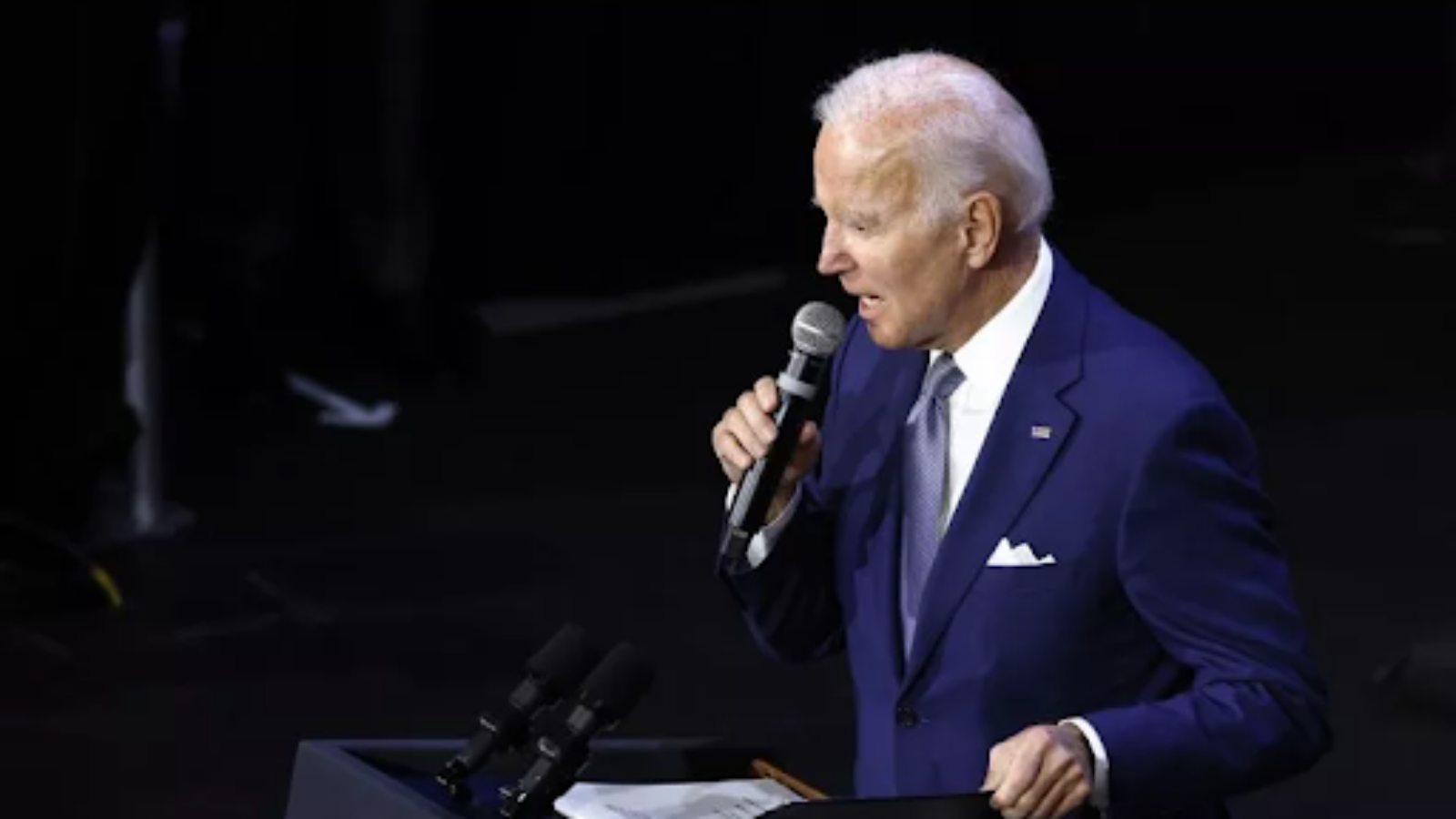In a desperate attempt to drive down gas prices and win voters, Joe Biden is releasing 15 million barrels of oil three weeks before Election Day. Energy prices have skyrocketed as OPEC announced a decrease in oil production last week. Many expect Americans to vote with their pocketbooks as the economy is a top issue leading into the November Midterms.
POLITICO: Biden administration to tap oil reserve again ahead of midterms
Ben Lefebvre; October 18, 2022
The Biden administration will release 15 million barrels of oil from the Strategic Petroleum Reserve in December in a bid to drive fuel prices down, senior Biden administration officials said Tuesday.
The release will account for the last of the 180 million barrels President Joe Bidenauthorized the Energy Depart to disbursein March, leaving another 400 million barrels in the reserve, the officials said. The administration will also look into a possible new authorization to ship more barrels after that depending on market conditions, the officials said.
The government “remains very able and very vigilant,“ one of the officials said on a background call with reporters. “If we need to deal with additional challenges with supply, with affordability, we will have additional opportunity with the SPR if we need to do more sales into the future beyond“ December.
The officials pushed backon questions about whether announcing the December move was redundant with March’s approval, saying that “it was not a given“ that they would have carried it out if the oil market had stabilized. The administration will also soon set up a process to purchase oil from companies to refill the SPR at a price of $67 to $72 a barrel, the officials said. That level is more than $10 below current benchmark prices.
“In terms of protecting taxpayer funding [and] being responsible stewards of the SPR, you want to sell when the prices are high and you want to buy when they’re low,“ the official said. “And we wanted to put the marker out there at this point that we will buy when they’re low.“
President Joe Biden will speak about gas prices on Wednesday, White House chief of staff Ron Klain said in a tweet.
The move comes as the administration has been meeting with oil company executives to negotiate ways to lower fuel prices ahead of the midterm elections in which inflation, partly driven by high energy prices, will be a key issue.
The administration is also considering another release that would be separate from the previously authorized one, though a decision hasn’t been made on whether to do so, the two people said. “It’s on the table, but they haven’t made a go or no-go decision,” one of the people said.
The administration also intends to announce plans to refill the reserve, two people familiar with the talks said. Details such as how much the administration would pay for the oil and when it would buy were still being worked out in one-on-one meetings with industry representatives, the people said.
Oil prices shot higher last week after the oil producing cartel OPEC and its allied countries announced they would cut their collective production by 2 million barrels a day.
Biden had promised a response to OPEC’s decision, though the administration’s options to lower fuel prices are limited. Prices had already come down from a recent high of $5.02 a gallon this summer, but started to increase last month amid refinery outages in California and Ohio. The national average price was $3.87 a gallon as of Tuesday morning, according to AAA.
A release from the Northeast Home Heating Oil Reserve could also be authorized, one of the sources added. That reserve, which holds about 1 million barrels of heating oil in New England, hasn’t been tapped since 2012, according to its Web site.
The Department of Energy has also raised the possibility of limiting fuel exports in a bid to force domestic gasoline prices lower, but the administration has in recent days toned down its rhetoric, according to two industry people. Oil company executives and analysts have said the move could backfire because it could cause producers to slow their drills if they no longer have access to foreign markets, increasing domestic prices.
“The temperature appears to be coming down on the export control threat,” said one of the people. “They still haven’t taken it off the table, but said it wouldn’t happen before the midterms.“
Officials at the White House and Department of Energy did not comment.
Photo: ANNA MONEYMAKER/GETTY IMAGES
